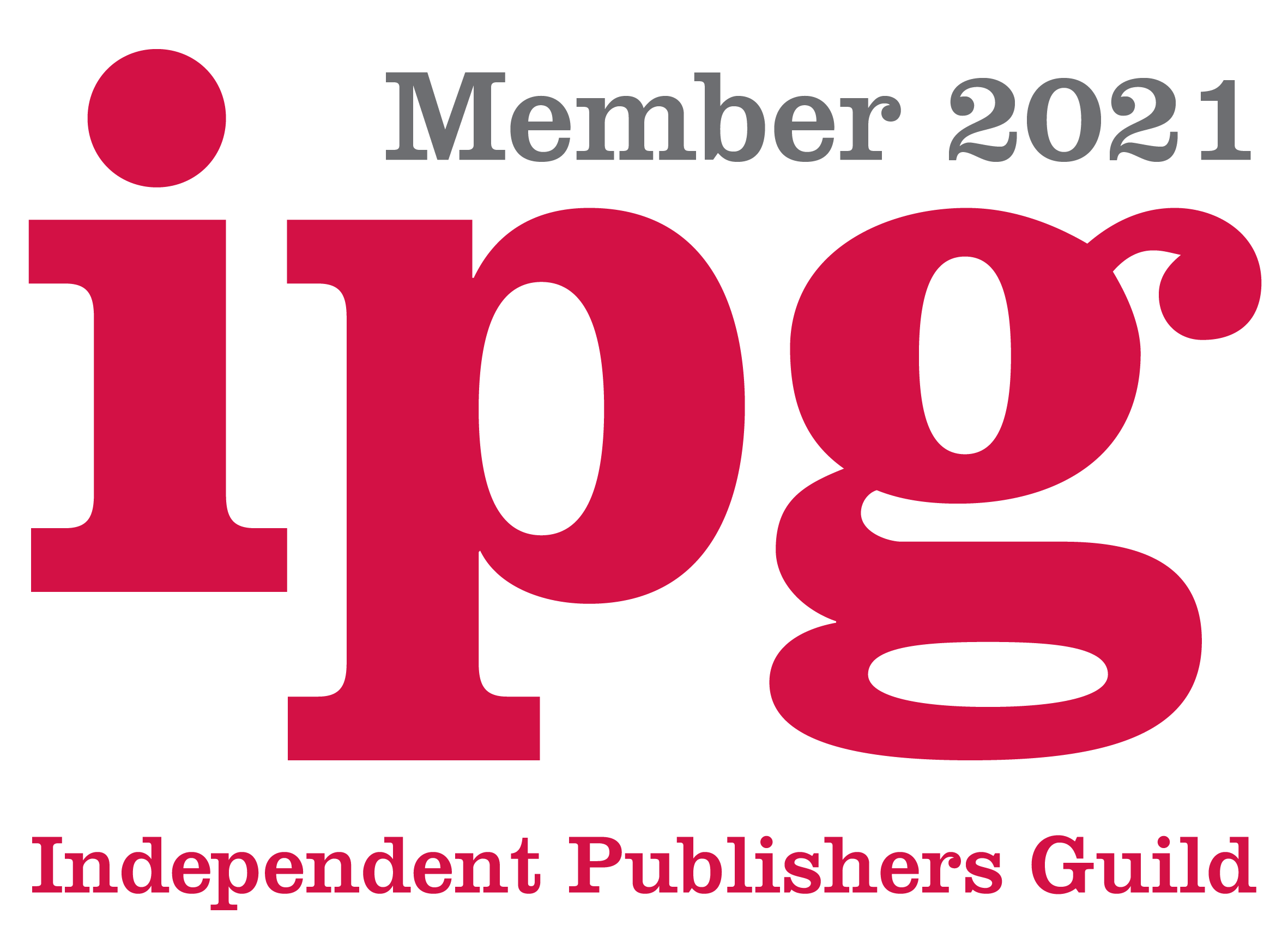Exisle and EK Books CEO Gareth St John Thomas introduces his 20 keys to success in the publishing industry. Drawn from over 30 years experience running successful publishing businesses, these points will help you break through with your writing and bring your message to the world.
Summary and Notes:
1. Get the concept right from the start.
Your book will fit within a genre. It’s important that the concept you are writing toward is in conversation with other books in the genre. For example, if you’re writing a children’s book you’ll want to ensure the main character is a child so your audience can relate to them.
2. Tailor your concept to an audience that can be reached.
Let’s stay with the children’s book example. If you are writing a book about bullying, you’ll want to make the story familiar to your audience. This could be having a bully at the main character’s school which may be more familiar to the audience.
3. Ensure you are printing a good quality book.
“Don’t judge a book by its cover” may be a nice sentiment, but many readers will indeed judge the book by how it looks! You want to ensure your book is produced with careful attention to detail and the pages aren’t speckled with typos.
4. Understand the economy of scale in book publishing.
As an author, you’ve been focused on the creative side. It’s important to have knowledge in the business side of publishing, specifically the cost in printing large quantities of a book versus a small order.
5. Familiarise yourself with the various channels to your audience so your book lands in the right hands.
Consider your audience. What are they reading? How do they find the books they read?
6. Pick the right publisher for your book.
You want to find a publisher that publishes in the same genre as your book, as well as a similar concept. Our blog posts provide sources and tips to help you find publishers, such as for children’s books.
7. Contact your chosen publisher in a tactful way.
A little research can go a long way. You can learn more about how to approach publishers in a way that will actually get a response in our blog post, How to Write a Great Query Letter.
8. Carefully consider whose advice you should listen to.
Our parents and friends can be very supportive, but more often than not they won’t be knowledgeable about the publishing industry. It’s important to listen to qualified editors and publishers, but make sure you aren’t losing sight of your vision.
9. Develop a clear writing timetable.
It’s important to keep yourself writing and on task. If you have trouble, check out our post on How to Write While Busy Living.
10. Build a relationship with your publisher that lasts.
Many first-time Exisle authors will go on to publish their other books with Exisle. By maintaining a relationship, the process is more streamlined for the author since they know the publisher’s expectations and requirements. This creates a partnership that lasts.
11. Build a public profile as an author.
As an author, you’ll want to make connections with your readers on Goodreads, Amazon, and social media. If you are publishing a book based on your expertise, then promote your book on your business website and to your clients.
12. Promote your book.
You can expect a publisher to promote your book, but you should be involved in the process. That requires being open to interviews and writing posts for media outlets. You want to help your book receive more sales.
13. Negotiate a contract with your publishers.
It is important to know what you can expect in a royalty-based traditional publishing contract. For example, you should never be paying the publisher to publish your book.
14. Manage the design, editing, and proofreading that goes into your book.
You should be involved in each process of the book. Make sure to ask questions and provide your own input so there are no surprises.
15. Make the publicity process work.
It is beneficial to be in contact with the publicists promoting your book. You want to assist them in getting the most coverage for your book. If you have contacts in a well-known media outlet, then be sure to let the publicist know who they should contact.
16. When and where to be a squeaky wheel (and when not to).
Publishers have a number of clients at a time. It is helpful to send ideas for promotion or to check in with them. You don’t need to email them every week, but it’s beneficial to have consistent communication.
17. Keep up promotion after the book’s release date.
Momentum for a book usually falls after three months of publication. If you are a female writer and your publishing date is in autumn, it would be beneficial to see if you can promote your book during Women’s History Month to boost sales. Think of ways to keep your book in the conversation.
18. Keep your book alive in as many markets as possible.
This echoes the thinking of your audience. Think of all the markets out there to promote your book.
19. Use your book for further opportunities.
Getting your book published opens opportunities for future books, public appearances, and reviews. Be open to giving talks that revolve around your book’s concept and being part of the wider conversation.
20. Keep yourself and your voice in demand.
Keep looking for ways to promote your book and its content. Start working on your next projects to keep up the momentum.
Follow us on Facebook and join our newsletter to be up to date with Exisle Academy.



